Conference Outline
Click here to download the Conference Outline and Program.
Video Distribution
Outcome
(i) Summary of Discussion
| 1. | The First Global Green Transformation Conference (GGX) was held in a hybrid format on October 7th. A total of more than 1,300 people attended the GGX online and in person. Speakers/panelists attended from five G7 countries, two international organizations, twelve universities, research institutes, and private companies, including video messages from ministers and heads of organizations. |
|---|---|
| 2. | Green Transformation (GX) is to shift the economic, social, and industrial structure to be driven by clean energy, and achieve both economic growth and emissions mitigation. GGX was the first time in the world to discuss the way forward of realizing global Green Transformation. |
| 3. | GGX featured (1) speeches by high-level participants from countries and organizations, (2) "FMC in Japan" (*see reference below), the first high-level ceremony in Asia of the First Movers Coalition (FMC), which is an initiative in which global companies commit themselves to procure a certain amount of green products to create initial demand. Three thematic panel discussions on "Designing a Green Market", "Standards and Evaluations Promoting Green Products/Services" and "International Cooperation for Developing a Green Society" were held afterwards to discuss prospects and challenges for the realization of GX. Throughout the meeting, many references and expectations were made by the participants, including those at the high-level, on need for action of advancing the efforts toward GX. |
| 4. | In the opening session, a total of seven high-level speeches were given in this session. Mr. Shinichi Nakatani, State Minister of Economy, Trade and Industry, Japan, made opening remarks about Japan’s action towards GX and highlighted the concept of "Mitigation Contribution". Mr. Peter Bakker, President and CEO of the WBCSD, pointed out that it is essential to establish evaluation methods for corporate initiatives and to make a structural shift from profit-seeking to decarbonization. Mr. John Kerry, Special Presidential Envoy for Climate, United States, pointed out the importance of sectoral initiatives and the First Movers Coalition for market creation. Mr. Frans Timmermans, Executive Vice-President of the European Commission, introduced EU’s action towards working on regulatory measures, including the Emissions Trading System and Carbon Boarder Adjustment Mechanism, and expressed interest in Japan’s work on voluntary measures such as GX League. The Rt Hon. Lord Callanan, Parliamentary Under Secretary of State (Minister for Business, Energy and Corporate Responsibility), United Kingdom of Great Britain and Northern Ireland, introduced UK’s action towards climate and emphasized the significance of the Breakthrough Agenda to promote the distribution of clean technology. Mr. Mathias Cormann, Secretary-General of the OECD, commented the actions of OECD towards climate, emphasizing the importance of IFCMA. Dr. Fatih Birol, Executive Director of the IEA, mentioned the importance of industrial decarbonization and the progress of discussions on the definition of near-zero emission materials, and disclosure of data. |
| 5. | In the "FMC in Japan", a photo session was first held. Mr. Shinichi Nakatani, the State Minister of Economy, Trade and Industry, introduced Japan’s participation in the FMC as a Strategic Government Partner country in May 2022 that this is the first FMC related high-level ceremony to be held in Asia. Ms. Nancy Gillis of The World Economic Forum, who co-chairs the First Movers Coalition (FMC) with the United States, introduced the FMC, an initiative for global companies to set procurement targets for green products which will create initial demand signal. Mr. Philip Roskamp, Acting Deputy Chief of Mission of the U.S. Embassy in Japan, stated that he expected many Japanese companies to participate in the FMC Finally, Mr. Toshiaki Tanaka, Vice President of Mitsui O.S.K Lines, Ltd., the first Japanese company to participate in FMC, expressed the company’s strong commitment to emission reduction as a shipping company which is essential part of the social infrastructure, and the importance of international forums for sharing best practices, such as the FMC. |
| 6. | In the Panel Discussion on "Designing a Green Market", panelists made presentations on various actions to reduce emissions levels on both the supply side and the demand side. From the supply side, carbon pricing was raised as one essential measure to reduce GHG emissions, which also has the aspect to mobilize the revenue necessary for innovation. From the demand side, public and private initiative to commit to purchasing green products was raised as an example. Furthermore, panelists noted the importance of deploying innovative technologies through subsidies as well as deploying low-carbon technologies through transition finance as a financing approach that will preserve industrial competitiveness. The discussions also extended to issues such as the need to address just transition, the importance of meeting the sense of urgency in decarbonization, the importance of building supply chains for decarbonized products, and the need for investments in infrastructure that underpin a decarbonized economy. |
| 7. | In the Panel Discussion of "Standards and Evaluations Promoting Green Products/Services", the keynote speech suggested that while the mainstream frameworks today focus on "how to reduce GHG emissions from a certain entity (e.g. a country, a company) throughout their supply chains", the perspective of evaluating" how much a certain entity contributes to mitigation throughout the society in total” is important as well. Panelists generally agreed on the significant potential of the concept of "Mitigation Contribution" as well as the importance of involving the financial sector, and to recognize such contribution as a value. At the same time, panelists also agreed that discussion is necessary in setting the baseline of emission, in defining a methodology of the mitigation contribution, the importance of preventing this concept to be misunderstood as "greenwashing", and that a clear understanding of differentiating the concept from the GHG protocol (scope1-3) or NDC is needed. The session concluded with the expectation of enhanced discussion in the private sector, notably including the financial stakeholders and expectation towards the public sector to support such concept and discuss in international fora, such as the G7. |
| 8. | In the Panel Discussion on "International Cooperation for Developing a Green Society", panelists introduced recent developments in discussions on policy measures (e.g., carbon border adjustment measures) to build the foundations of a green society, and preventing carbon leakage and maintaining the international competitiveness of domestic industry. Discussions covered the impacts and challenges of carbon pricing based and emission intensity based approaches. Panelists expressed the need to understand country specific circumstances and collaborate internationally, including the major emitting countries such as the G20 countries to globally promote green transformation. Panelists emphasized the important role of business in international cooperation and adaptation business was raised as an example. Considering the different marginal abatement costs of countries, Joint Crediting Mechanism (JCM) was also mentioned as enabling frameworks for developed-developing country cooperation. |
| 9. | During the closing session, Mr. Hirohide Hirai, Vice-Minister for International Affairs, Ministry of Economy, Trade and Industry (METI), Japan, summarized the discussions and thanked the participants for their cooperation during the two-week long GX Week and the GGX. |
(ii) Way Forward
| 10. | Based on the discussions at the conference, METI, Japan, will accelerate the discussion on the following points.
|
|---|---|
| 11. | Looking towards COP27 at Egypt, and the G7 meeting in 2023, which Japan will be hosting as presidency, Japan will continue to enhance international cooperation, and engage with developed countries, developing countries, major emitting countries, as well as other stakeholders such as the business sector to pave the way towards realizing GX. (Reference)Photo Session of the FMC in Japan 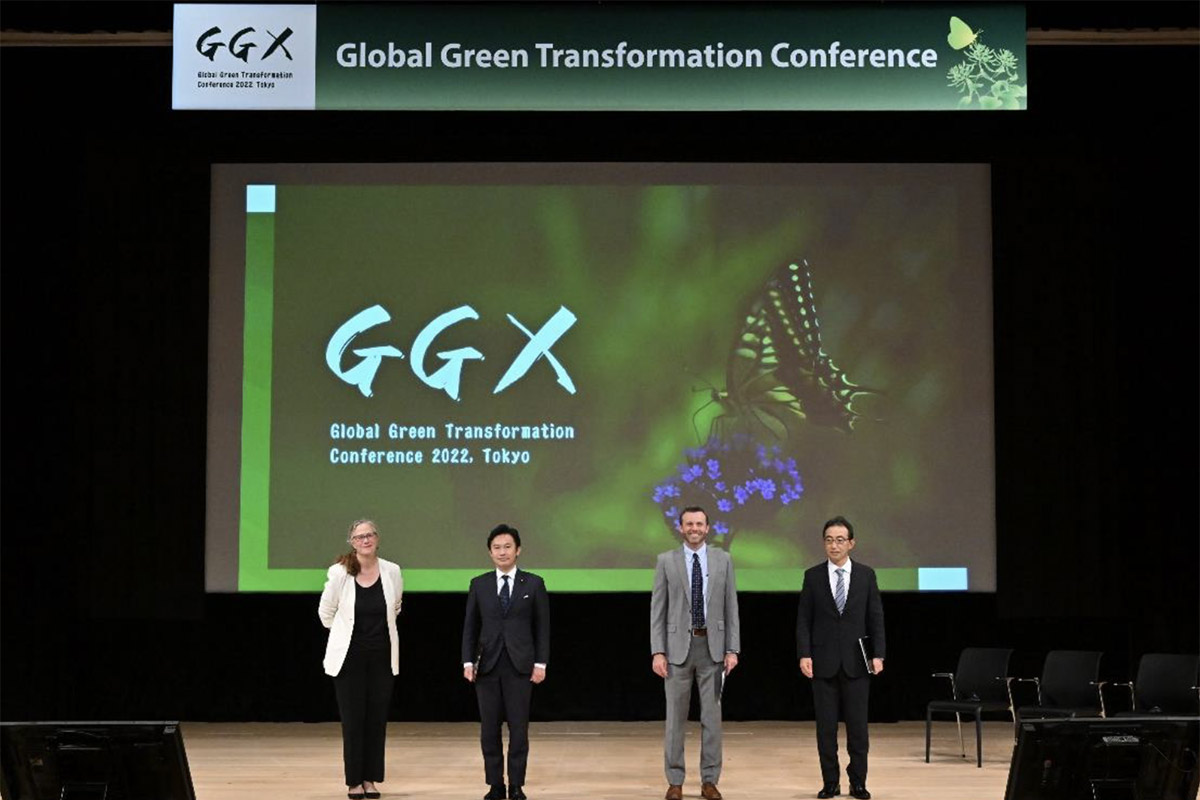 (From left: Ms. Gillis (WEF), Mr. Nakatani (METI), Mr. Roskamp (U.S. Embassy in Japan), Mr. Tanaka (Mitsui O.S.K Lines, Ltd.) |














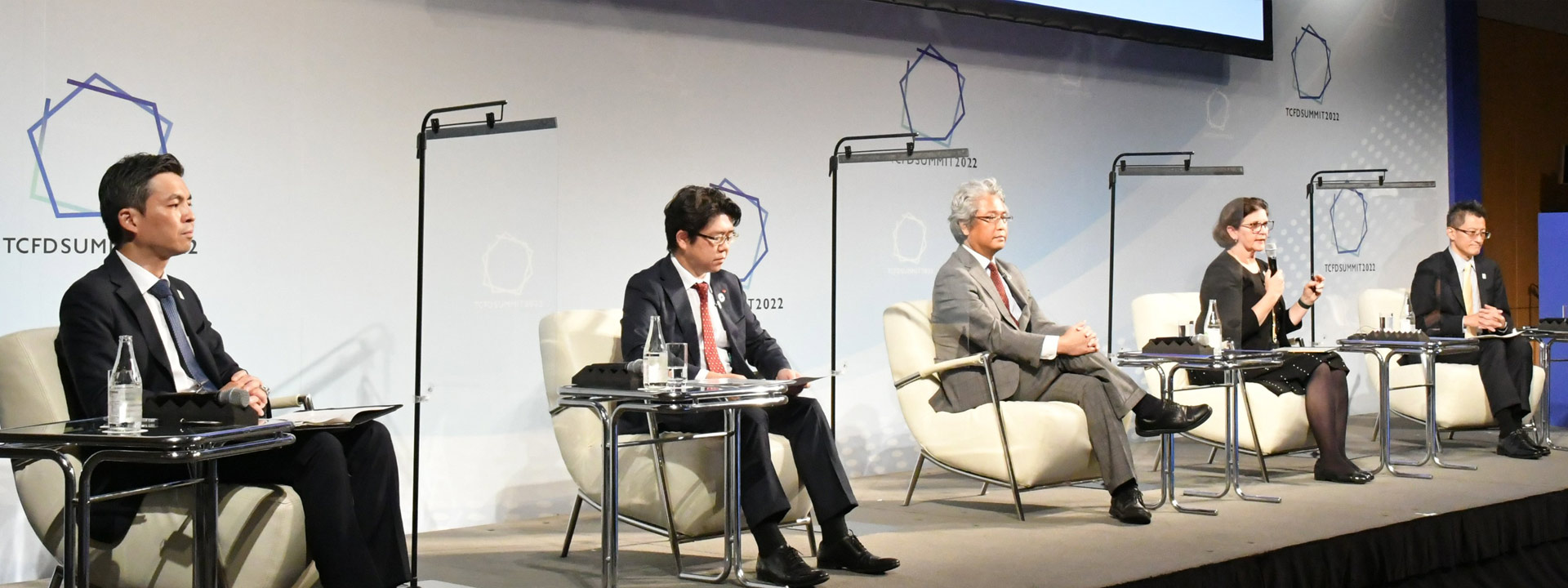



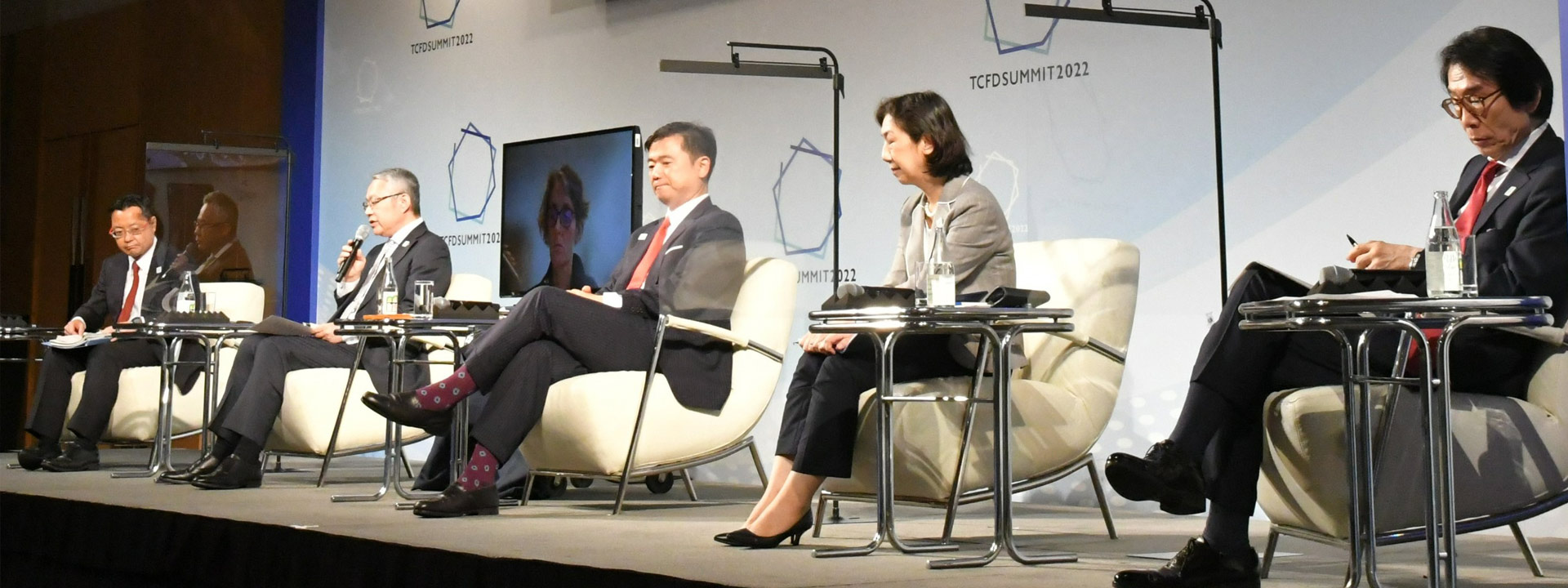























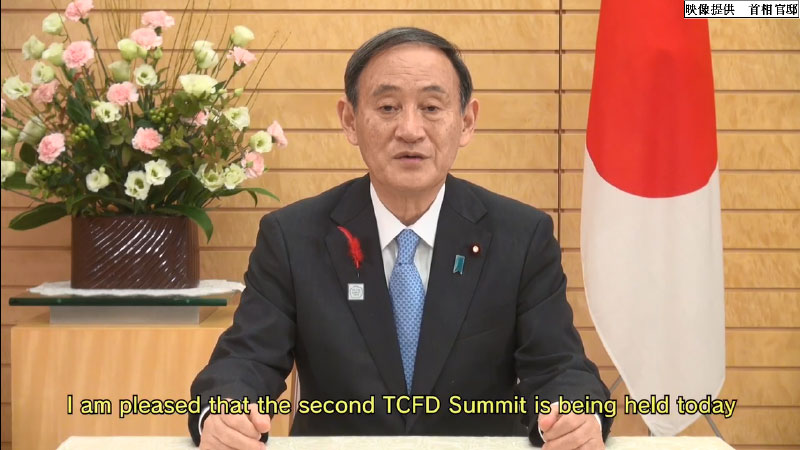
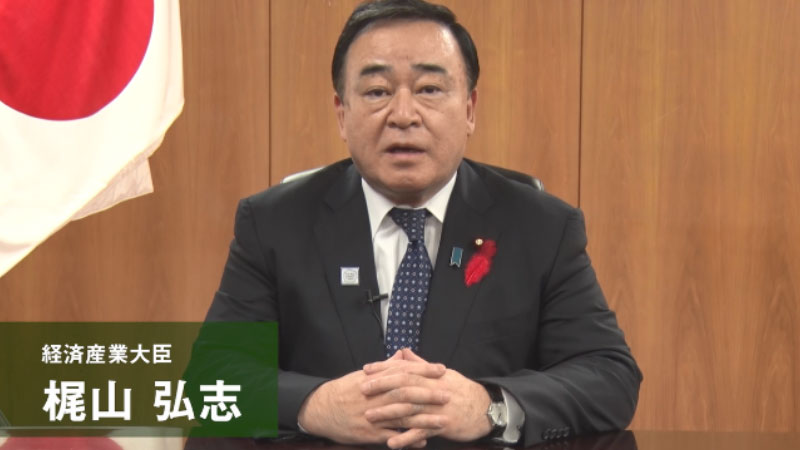
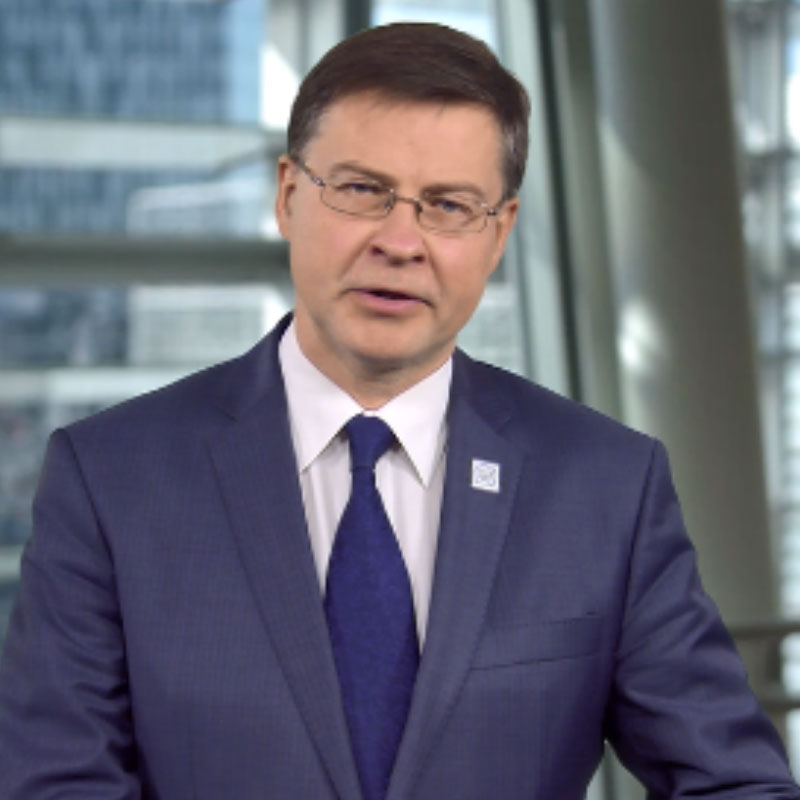

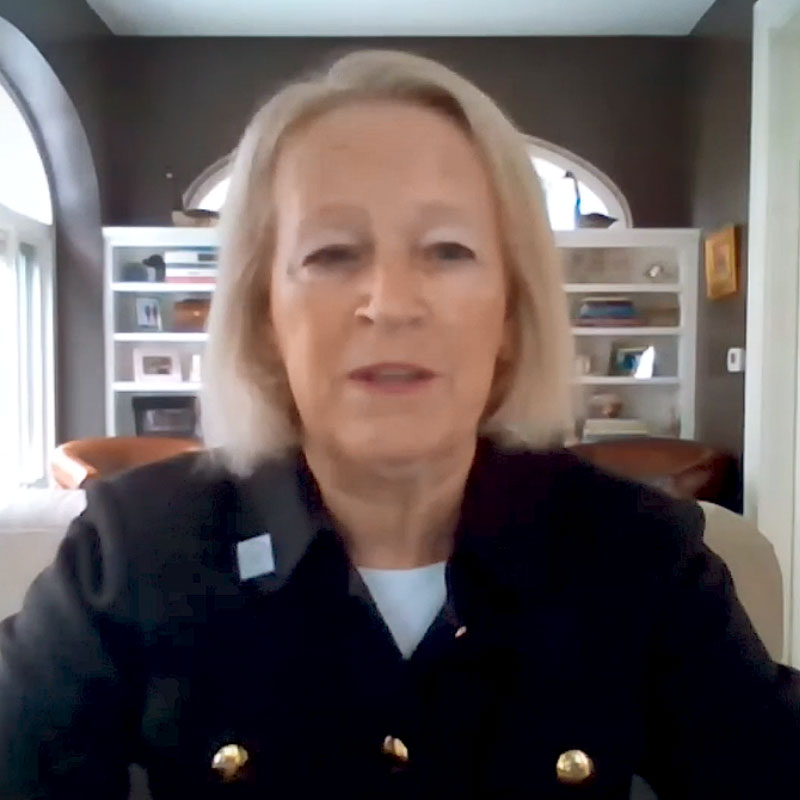
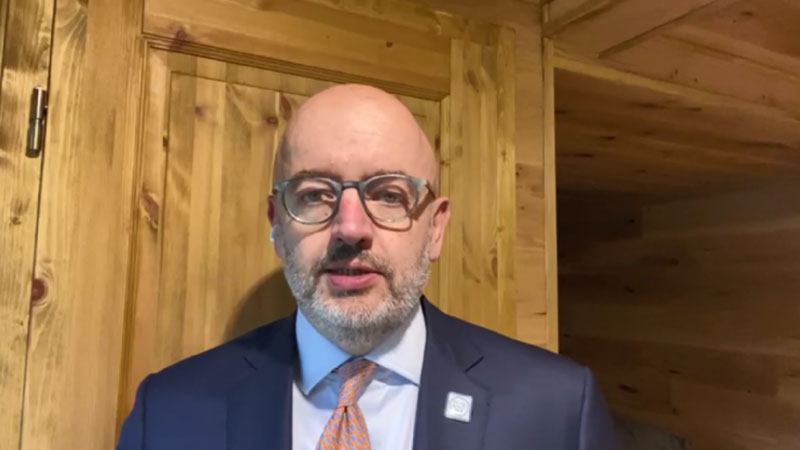
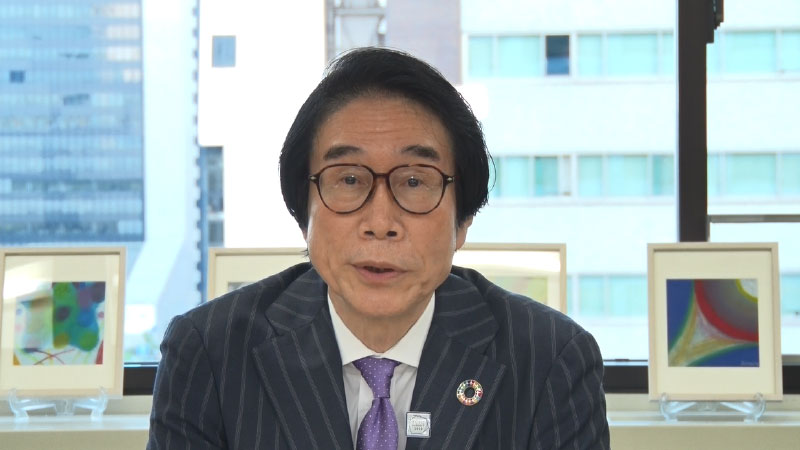
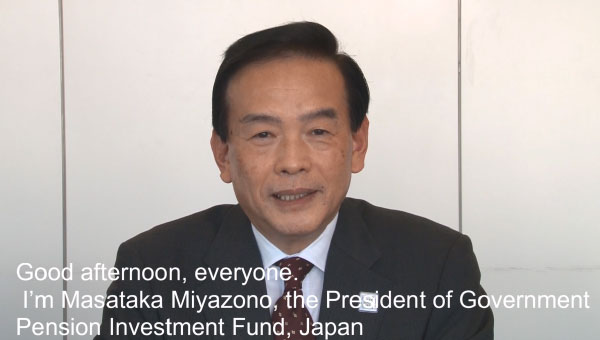

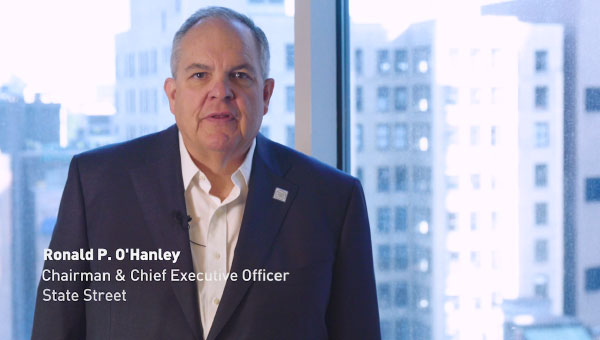
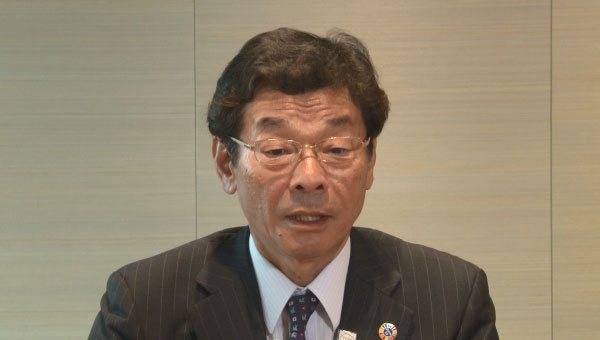

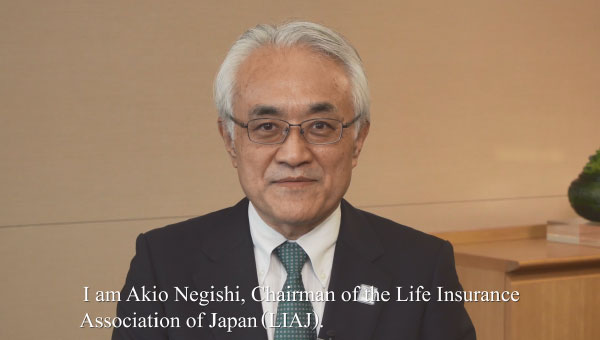
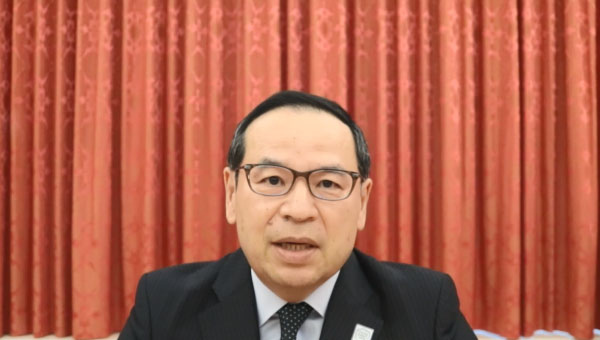























 Ms. Helle Kristoffersen
Ms. Helle Kristoffersen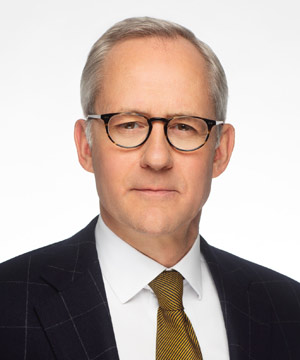 Mr. Gordon J. Fyfe
Mr. Gordon J. Fyfe Mr. Yu Ben Meng
Mr. Yu Ben Meng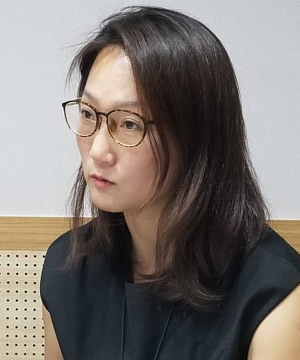 Ms. Yoo-Kyung Park
Ms. Yoo-Kyung Park Mr. Martin Skancke
Mr. Martin Skancke Mr. Mark Lewis
Mr. Mark Lewis


